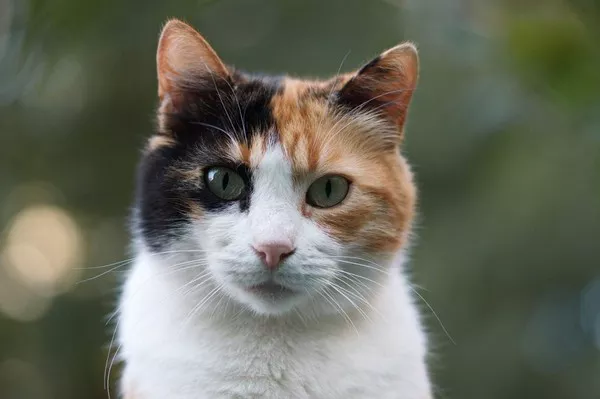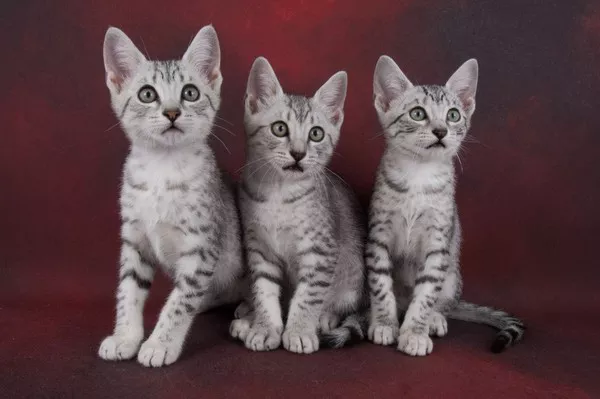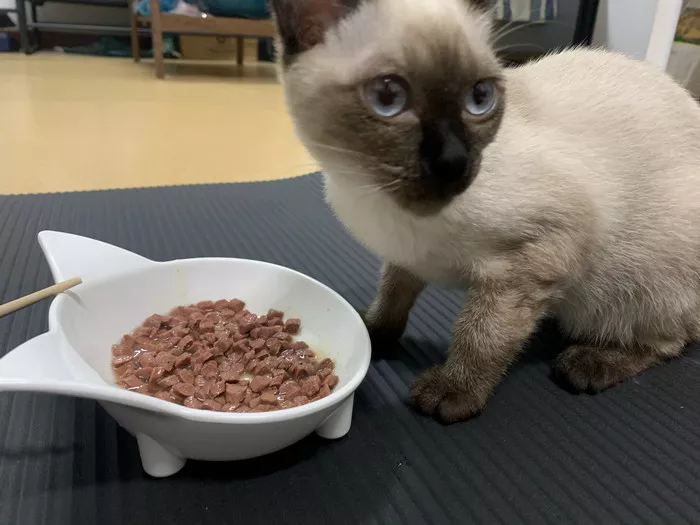Cats, renowned for their diverse and captivating coat patterns, come in various shapes and sizes. When it comes to calico cats, their distinctive tricolor fur often captures the hearts of pet enthusiasts. However, maintaining the health of these charming felines, especially if they are carrying excess weight, requires careful consideration of their diet. In this article, we will delve into the unique nutritional needs of calico cats, explore the factors contributing to weight gain, and offer guidance on creating a balanced and effective diet plan for optimal feline health.
Understanding the Calico Cat
Calico cats, characterized by their striking patches of white, black, and orange fur, can be found in various breeds. These charming felines often possess distinct personalities and are known for their independent yet affectionate nature. While their coat patterns are certainly attention-grabbing, calico cat owners should pay equal attention to their overall health, particularly in cases where weight management is a concern.
Factors Contributing to Weight Gain in Calico Cats
Maintaining a healthy weight is crucial for a cat‘s overall well-being. Calico cats, like any other feline companions, may be susceptible to weight gain due to several factors:
1. Genetics:
Genetics play a role in a cat’s predisposition to certain health conditions, including obesity. Some cat breeds may be more prone to weight-related issues.
2. Lifestyle and Activity Levels:
The calico cat’s activity levels and lifestyle can significantly impact their weight. Indoor calico cats may be more prone to weight gain if they lead a sedentary lifestyle.
3. Dietary Habits:
Inappropriate feeding habits, such as overfeeding or offering calorie-dense treats, can contribute to weight gain. Understanding the cat’s dietary needs and providing appropriate portions is essential.
4. Spaying/Neutering:
Spayed or neutered cats may experience changes in metabolism, potentially leading to weight gain. Adjusting their diet to accommodate these changes is crucial.
5. Medical Conditions:
Underlying medical conditions, such as hypothyroidism or diabetes, can contribute to weight issues. Regular veterinary check-ups can help identify and address these conditions.
Creating a Tailored Diet Plan
When it comes to formulating a diet plan for your calico cat, a personalized approach is key. Consider the following factors to tailor a diet plan that supports optimal weight management and overall health:
Consult with a Veterinarian:
Before implementing any dietary changes, consult with your veterinarian. A thorough examination can help identify any underlying health issues, and your vet can provide specific recommendations based on your cat’s individual needs.
Choose a High-Quality Cat Food:
Selecting a high-quality cat food that meets the nutritional requirements of your calico cat is essential. Look for formulations specifically designed for weight management, considering factors such as age, activity level, and any existing health conditions.
Portion Control:
Establishing portion control is crucial in managing your cat’s weight. Follow the feeding guidelines provided on the cat food packaging and adjust portions based on your veterinarian’s recommendations.
Monitor Treats and Snacks:
Be mindful of the treats and snacks you offer your calico cat. Opt for healthy, low-calorie treats or consider incorporating interactive toys that provide mental stimulation without adding extra calories.
Incorporate Wet Food:
Wet cat food can be a beneficial addition to your calico cat’s diet. It not only helps with hydration but can also contribute to a feeling of fullness, potentially reducing overeating.
Encourage Physical Activity:
Promote regular physical activity to keep your calico cat active. Interactive toys, climbing structures, and designated playtime can help burn calories and maintain muscle tone.
Regular Weigh-Ins:
Schedule regular weigh-ins with your veterinarian to monitor your cat’s progress. Adjust the diet plan as needed based on any fluctuations in weight.
Addressing Medical Conditions
If your calico cat is already overweight or if there are indications of underlying medical conditions contributing to weight gain, a comprehensive approach is necessary. Your veterinarian may recommend specific dietary formulations, therapeutic diets, or medications tailored to address these issues. Compliance with veterinary recommendations is crucial for the successful management of weight-related concerns.
Conclusion
Maintaining the health and well-being of your calico cat involves a holistic approach, with nutrition playing a pivotal role. By understanding the unique factors contributing to weight gain in calico cats and tailoring a diet plan to meet their individual needs, you can support their overall health and longevity. Remember to consult with your veterinarian, monitor your cat’s progress, and make adjustments to the diet plan as necessary. With the right care and attention, your calico cat can enjoy a life filled with vitality and joy.


























